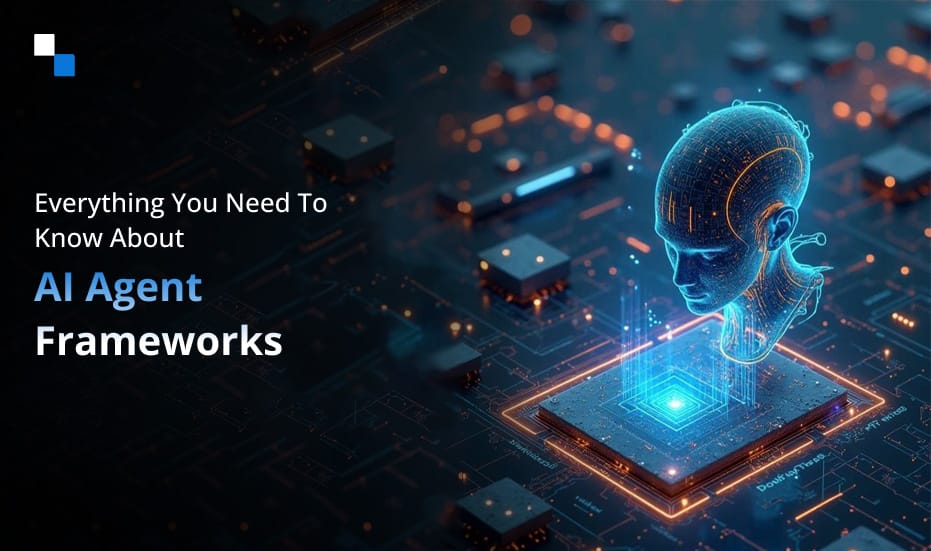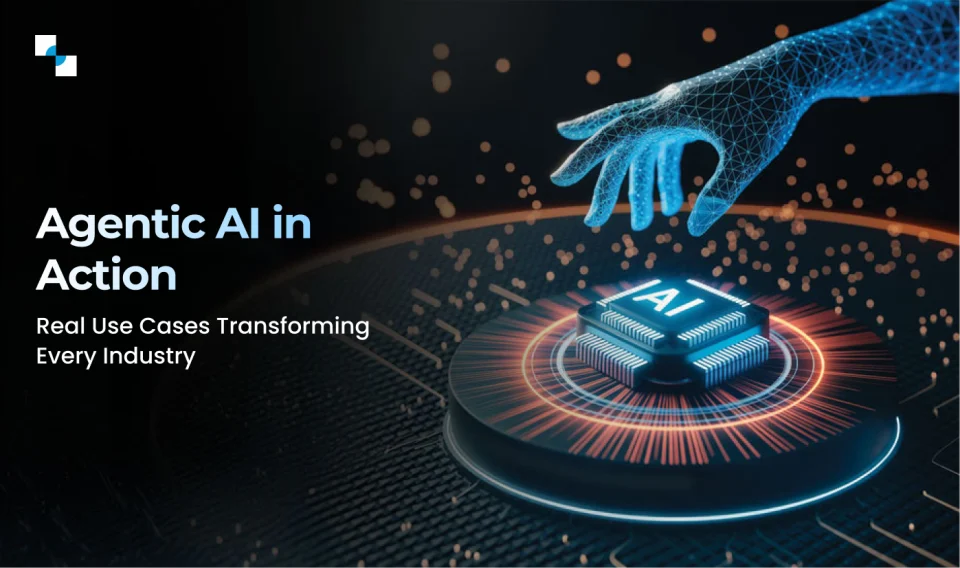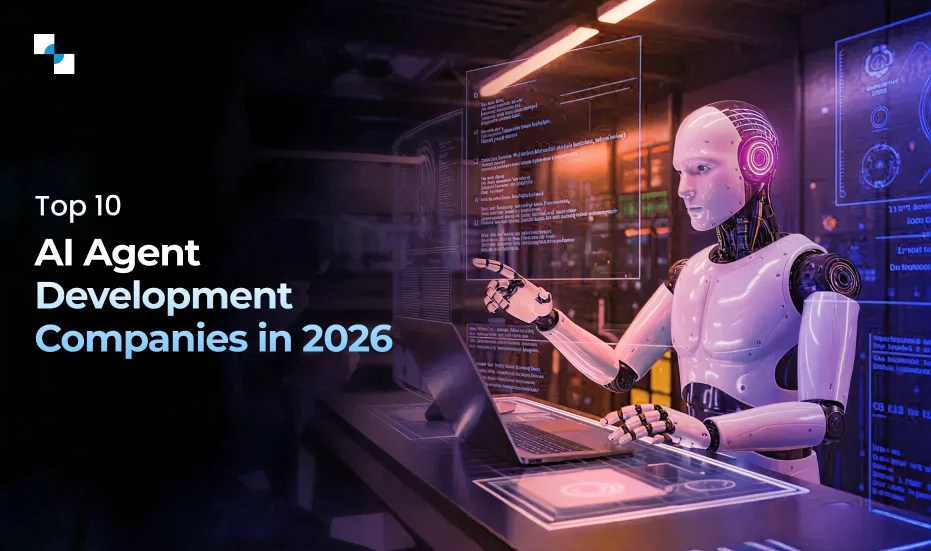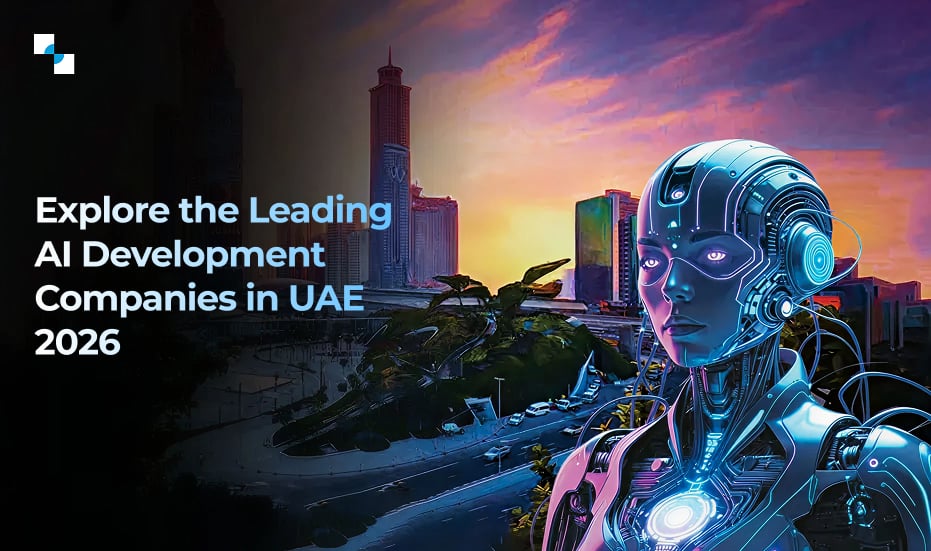Since OpenAI launched ChatGPT in November 2022, the competitive AI landscape has expanded significantly, with several players entering the race. As the competition intensifies, the focus has shifted from basic chatbots to sophisticated AI agents capable of executing complex, multi-step tasks autonomously.
Tech giants like Google and Anthropic have developed their own AI agents that integrate seamlessly into daily operations and manage a variety of workflows. Companies in the Asia-Pacific region are also actively leveraging AI agents. For instance, Ping An Insurance in China uses AI agents in customer service to handle over 60% of inquiries, improving response times and boosting customer satisfaction. This is the transformative power of AI agents.
However, building AI agents is often seen as a costly process. This is primarily because organizations tend to develop them from scratch using programming languages like Python or JavaScript. As a result, there’s a growing need for a faster, more scalable solution, and this is where AI agent frameworks come into play.
In this blog, we’ll explore AI agent frameworks in detail, their core components, business benefits, and also about the AI agent development framework cost for companies aiming to implement intelligent automation solutions in 2025. Let’s dive in.
Prominent Reasons Why Enterprises Can’t Overlook Cost Planning in AI Agent Development Process
What are AI Agent Frameworks?
AI agent frameworks are platforms and tools designed to help engineers, data scientists, and enterprises build intelligent agents that can perceive, reason, act, and learn. These frameworks come with prebuilt components and modules that streamline the design, training, deployment, and monitoring of AI agents. Instead of building every component from scratch, developers can leverage a standardized architecture to create robust agents that can interact autonomously with their environment.
Whether deployed in customer service, healthcare, finance, or supply chain management, top AI agent frameworks 2025 reduce the technical barriers to building powerful, intelligent systems that transform AI agents from one-off experiments into enterprise-ready solutions.
Core Components of AI Agent Frameworks
AI agent frameworks consist of several core components that function together to create intelligent, responsive systems.

Perception Layer (Input Interface)
This layer of the AI agent framework serves as the sensory system of the AI agent. It collects data from the external environment using various input sources like text, images, audio, or sensor data. The perception layer preprocesses this input into structured formats that the AI can understand and work with.
Cognition Layer (Reasoning Engine)
The cognition layer acts as the brain of the AI framework. It processes information received from the perception layer and makes decisions based on predefined rules, logical reasoning, and contextual understanding. This layer is imperative for problem-solving, planning, and adapting behavior in complex environments.
Action Layer (Execution Engine)
Once decisions are made, the action layer is responsible for executing them. This layer involves sending commands to machines, generating responses, or updating databases. It helps AI agents to perform meaningful and goal-directed actions in the real or virtual world.
Learning Module (Adaptive Intelligence)
The learning module enables the AI agent to improve over time through experience. This layer of the AI agent framework utilizes machine learning algorithms, which help identify patterns, optimize decision-making processes, and adapt to new scenarios, making the agent more efficient and autonomous.
Communication Interface (Interaction Layer)
This layer facilitates interaction between the AI agent and users or other systems. It includes natural language processing (NLP), APIs, and user interface modules that enable agents to understand and respond to commands. In simple terms, this layer is responsible for enhancing human-AI collaboration.
Security and Governance Layer
Security is paramount in AI agents, and this layer ensures data privacy, integrity, and compliance. It includes access control, auditing, and policy enforcement to maintain trust and prevent misuse of AI systems.
Integration Layer (Infrastructure)
The integration layer connects the AI agent with external systems, databases, and cloud environments. It helps achieve scalability, interoperability, and efficient deployment across diverse platforms and applications.
All these components together form a comprehensive AI agent framework capable of delivering intelligent, secure, and scalable solutions.
Business Benefits of AI Agent Development Frameworks

There are several advantages businesses can enjoy with AI agent development frameworks. Take a look-
Reusability & Modularity
One of the biggest strengths of AI agent frameworks is their modular architecture. It provides the ease to developers to reuse the same core components (NLP engines, machine learning models, or API integrations) across several areas, such as customer support or finance. This modularity makes AI agent development easier with plug-and-play modules that save time, boost efficiency, and minimize redundancy.
Scalability Across Teams and Use Cases
Once set up is complete, AI agent frameworks make it convenient to roll out multiple AI agents across various business units and locations. This scalability allows organizations to expand their AI capabilities without reinventing the wheel every time. From local teams to global operations, businesses can maintain consistency while accelerating innovation.
Faster Development Cycles
Prebuilt elements such as perception, decision-making, and learning modules cut down development time to a great extent. Instead of building everything from scratch, teams at businesses can rapidly go from concept to minimum viable product (MVP), which helps them test and iterate faster in competitive markets.
Built-in Security & Access Control
Security is paramount, especially in regulated industries. Enterprise-grade AI agent frameworks are equipped with security features, such as authentication, role-based access, encrypted data handling, and regulatory compliance. Such security features are crucial for industries like finance, healthcare, or government, where data integrity and compliance are non-negotiable.
Cross-Agent Communication & Coordination
Advanced AI agent frameworks allow agents to share context and collaborate across workflows. For example, a customer support bot can coordinate with a billing agent to resolve issues faster. This kind of collaboration reduces human intervention and streamlines multi-step business processes.
Unified Monitoring & Control
Managing a growing fleet of AI agents can be daunting. AI agent frameworks provide a convenience to track performance, uptime, and effectiveness of all deployed agents from a single dashboard. Such a unified control makes managing, troubleshooting, and optimizing agent operations across the business easier.
Reduced Long-Term Costs
Investing in a robust framework may have an upfront cost, but it pays off by lowering the expense of developing future agents. Besides this, it also reduces reliance on third-party tools and offers businesses more control over customization and upgrades.
AI agent development frameworks are strategic assets. Investing in such frameworks helps organizations build scalable, secure, and intelligent systems that grow with the business and turn AI into a long-term competitive advantage.

AI Agent Framework Development Cost: What Influences It?
Developing top AI agent frameworks 2025 involves both engineering precision and strategic planning, which makes the cost highly variable and dependent on multiple elements.
Key Factors Influencing Development Cost
- Scope & Complexity
A basic AI chatbot for customer queries differs significantly from a multi-agent system capable of autonomous negotiations or dynamic environment adaptation. The greater the complexity and intelligence required, the higher the development efforts, and therefore, the cost.
- Technology Stack
Choosing between open-source tools (like LangChain, Rasa, or Haystack) or proprietary AI platforms significantly affects cost. Open-source solutions may reduce licensing fees but could increase integration efforts, while proprietary APIs (like OpenAI or Google Cloud AI) offer smoother scaling but come at a premium.
- Customization Needs
AI agent frameworks built from scratch, tailored to specific enterprise workflows, security requirements, or vertical-specific use cases, will inevitably cost more than semi-generic implementations. The level of customization impacts timelines, development sprints, and architecture complexity.
- Integration with Existing Systems
The AI agent rarely works in isolation. Seamless integration with existing CRMs, ERP systems, knowledge bases, or IoT platforms may require extensive middleware and custom development, contributing to the overall investment.
- Data Requirements and Security
Effective AI agent training requires access to clean, relevant datasets. The cost of data preprocessing, annotation, storage, and privacy compliance (especially in regulated industries like finance or healthcare) can significantly increase development overhead.
- Maintenance and Scalability
Building the framework is just the beginning. Costs are also influenced by the need for ongoing optimization, model retraining, API versioning, system monitoring, and scaling infrastructure to support concurrent agents or increasing user loads.
Why It’s Worth the Investment
Despite the development costs, AI agent frameworks crypto solutions offer long-term value through automation, personalization, efficiency gains, and data-driven insights. When strategically aligned with business objectives, they can deliver measurable ROI and create competitive advantages that outweigh the initial development expense.
Conclusion
AI agent frameworks offer a structured, modular, and secure environment, which makes it easier to create agents that can reason, act, and learn. From speeding up development cycles to ensuring cross-agent collaboration and long-term cost efficiency, the benefits of using AI agent frameworks are clear. Companies investing in a robust framework today will have a significant edge in deploying agile, responsive, and intelligent agents tomorrow.
Whether you’re just beginning your AI journey or looking to scale existing deployments, leveraging AI agent frameworks is key to unlocking the full potential of artificial intelligence in your organization. In this journey of AI transformation, Antier can help you.
Antier is a renowned AI agent development company specializing in building custom AI agent frameworks that are scalable, secure, and future-ready. From strategic consulting to hands-on development and integration, we deliver end-to-end support tailored to your business goals. Partner with Antier to avail a full-fledged AI agent development services today!







